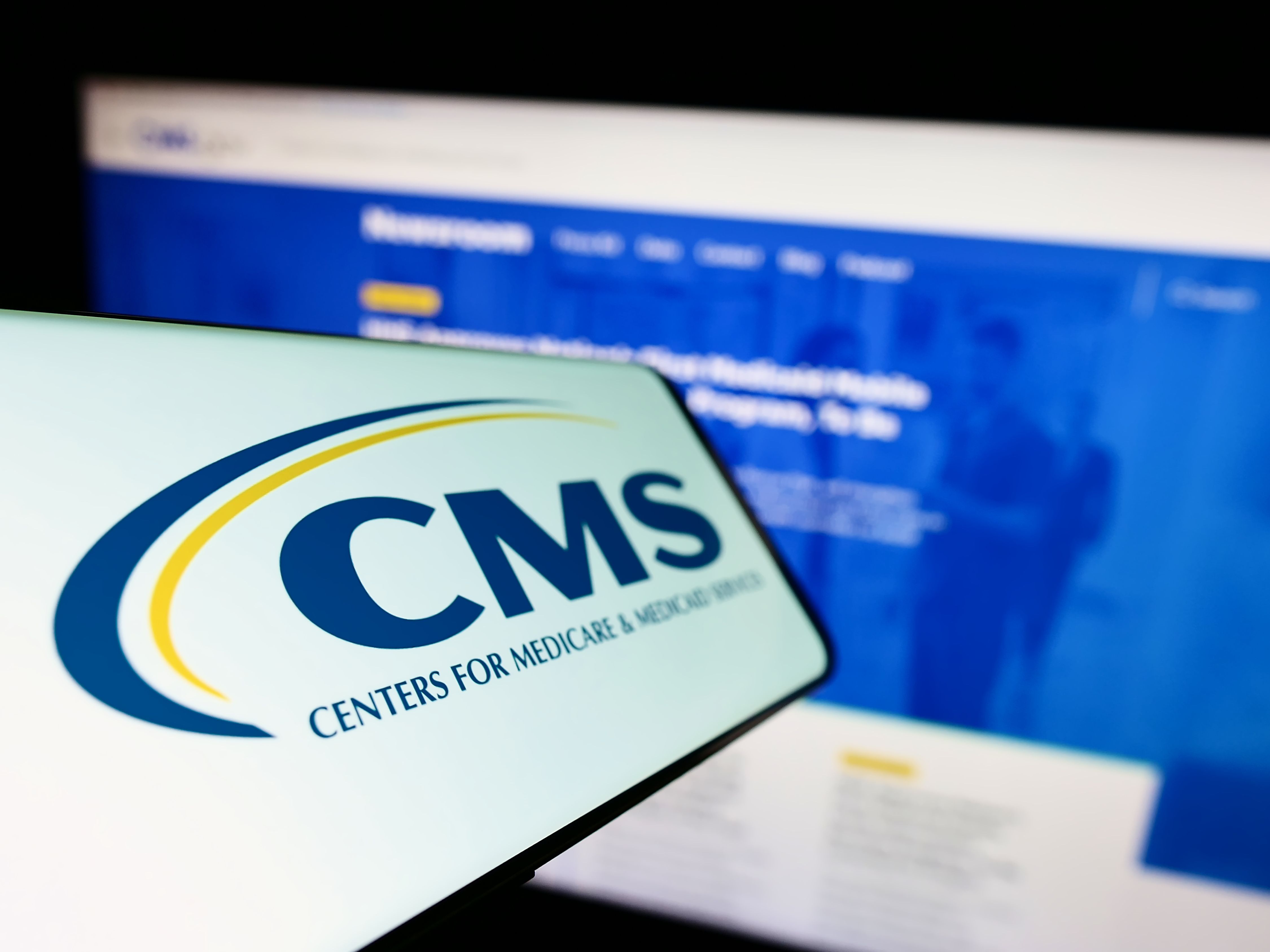Article
Financial Problem Solved! "Is my cash safe?"
You can structure your savings accounts in different ways to make sure your money is insured against bank or brokerage failure.
FINANCIAL PROBLEM SOLVED!
"Is my cash safe?"
Problem
My cash savings consists of $150,000 in an interest-bearing savings account at a bank, and $130,000 in a money-market fund with my broker. I thought all this money was insured by the government, but a colleague told me that only some of it is insured. Is that right? How can I safeguard my money?
Solution
You can structure your savings accounts in different ways to make sure your money is insured against bank or brokerage failure (although not against investment loss). The coverage is provided by the Federal Deposit Insurance Corporation (FDIC), which insures deposits in most banks, and the Securities Investor Protection Corporation (SIPC), which provides some customer protection against brokerage failure.
The basic FDIC insurance limit is $100,000 per depositor. FDIC insurance covers checking accounts (including money-market deposit accounts), savings accounts, certificates of deposit, and retirement accounts. It doesn't cover mutual funds (including money-market mutual funds) or other investment products sold at some banks, such as annuities, stocks, or bonds.
But you can keep more than $100,000 in one bank and still be fully insured. That's because the FDIC calculates coverage based on the type of ownership of the account. For example, if you have an individually-owned account, a jointly-owned account, a trust account, and a retirement account, with $100,000 in each, you could potentially have $400,000 insured at one bank.
So, to fully protect your funds, you should transfer some money from your savings account into either a joint account or a trust account. Or you could change the savings account ownership to a joint account. In that case, each co-owner is covered up to a limit of $100,000, which would include all of their jointly-owned accounts at that bank. Keep in mind that the co-owner can withdraw money just as you can. Also, as the account grows in value, some of it may exceed the coverage limits.
You could also set up a testamentary account, also called a Payable-On-Death (POD) account. These are separately insured up to $100,000 per beneficiary if the beneficiary is the spouse, child, grandchild, sibling, or parent of the owner. To create this account, you must name one of the above as a beneficiary.
Spreading the money among different banks, using all three ownership methods, is another option. Make sure each bank has FDIC insurance, and that the banks are separately chartered and not just branches of the same bank. FDIC insured institutions must display an official sign at each teller station. You can also check the FDIC Web site ( www.fdic.gov ) to see if an institution is insured.
As for your brokerage account, the SIPC insures against the failure of member brokerage firms, but not against market loss. The coverage for eligible investments is up to $500,000 per customer, including a maximum of $100,000 for cash claims. (To see if your brokerage is a member of the SIPC, visit the organization's Web site at www.sipc.org .)
So, assuming your brokerage firm belongs to the SIPC, your money-market fund is protected in the event of the firm's failure. But be aware that a similar money-market fund owned through a bank would not be insured at all. That's why it's important to understand the ins and outs of this coverage if you're interested in protecting your savings.
This issue's problem solver is Sherri Stephens (sherri.stephens@raymondjames.com), a financial adviser with Stephens & Winton in Flint, MI. Financial Problem Solved! is edited by Senior Editor Leslie Kane.
Do you have a question you'd like a financial adviser to address? Please submit it via e-mail to Solved@medec.com, or by regular mail to Medical Economics, 5 Paragon Drive, Montvale, NJ 07645. ATTN: Financial Problem Solved! If we select your query, we'll address it in an upcoming issue. Your name will not be used.
Leslie Kane. Financial Problem Solved!
Medical Economics
Sep. 5, 2003;80:61.





